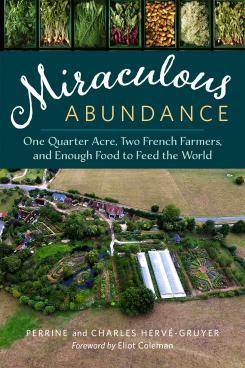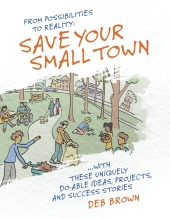
 1
1










Living in Anjou , France,
For the many not for the few
http://www.permies.com/t/80/31583/projects/Permie-Pennies-France#330873




David Livingston wrote:Thanks Lorenza I have" just sent that link to all my french friends





"Never doubt that a small group of thoughtful, committed citizens can change the world; indeed, it's the only thing that ever has."-Margaret Mead "The only thing worse than being blind, is having sight but no vision."-Helen Keller


















"Never doubt that a small group of thoughtful, committed citizens can change the world; indeed, it's the only thing that ever has."-Margaret Mead "The only thing worse than being blind, is having sight but no vision."-Helen Keller




 2
2




“If we are honest, we can still love what we are, we can find all the good there is to find, and we may find ways to enhance that good, and to find a new kind of living world which is appropriate for our time.” ― Christopher Alexander





Proudly presenting RocketMassHeaters.com
A good starting point to all RMH research
How Permies.com works

|
This tiny ad says you shall not pass
The new kickstarter is now live!
https://www.kickstarter.com/projects/paulwheaton/garden-cards
|









